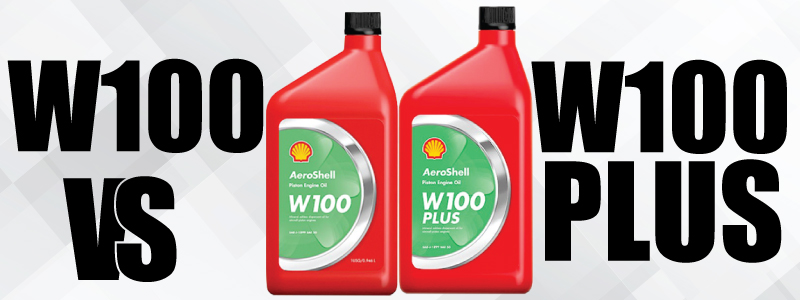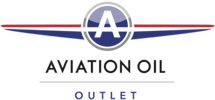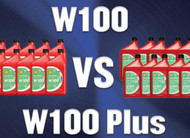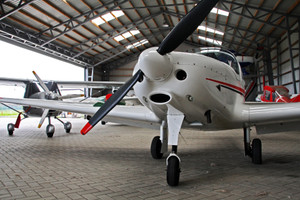AeroShell Oil W100 vs W100 Plus
By on Feb 7th 2024
Maintaining your aircraft requires choosing a premier oil that promotes engine health. For those who use AeroShell's single-grade ashless dispersant engine oils, a common question is: what is the difference between AeroShell Oil W100 and W100 Plus?
In short, both single-grade ashless dispersant (AD) engine oils serve piston engines and help minimize sludge formation.
W100 Plus contains the Lycoming additive LW16702.
LW16702 is authorized for use in Lycoming engines such as all turbocharged engines, the O-320-H, and the O/L-360-E. No additional additives need to be used if used with one of these engines. It's also added to other oils, such as AeroShell, to benefit more engines.

A more detailed breakdown further explains the difference between the two W100 oils and will allow you to make the best choice for your plane!
AeroShell Oil W100
As with
Straight Grade Ashless Dispersant (AD) engine oils, AeroShell Oil W100 lubricates 4-stroke cycle certified aircraft piston engines.
It serves various aircraft ranging from fuel-injected to turbocharged engines. The oil has a carefully selected additive combination resulting in a high viscosity index, oxidation stability, dispensary, and antifoam properties. Plus, the oil does not leave any metallic ash in the combustion chambers and delivers optimal performance.
Additives in the oil keep engines clean and are compatible with approved aviation oils like straight mineral oils, other straight grade AD oils and
AeroShell Oil 15W-50.
W100 Plus the Lycoming Additive
LW16702 is an anti-wear and anti-corrosion additive with a metal passivator.
The additive blend reacts only when needed. If or when the moving parts contact each other, the friction produces heat and causes a chemical reaction that coats the metal with a preventative layer. The additive remains on the surface, even if there's no oil, and helps aircraft meet demands put on them.
Metal Passivator and Corrosion Inhibitor
The "metal passivator" reacts with copper and forms a protective layer that prevents copper from degrading the oil. Copper makes oil degrade faster than normal and decreases its lubricating properties.
The corrosion inhibitor is also used in the
W100 Plus. Engines form rust because used engine oil is acidic and causes corrosion when it combines with dissolved water.
An Operational Oil
W100 Plus does not function as a preservative oil, but as an operational oil with the ability to activate additives when necessary. Since it is a monograde oil, it has the same limitations of
SAE 50, like the W100.
It's authorized for use in Lycoming engines that are to be
broken in with AD oil and include all turbocharged engines, the O-320-H, and the O/L-360-E. No additional additives need to be used if you use it with one of these engines.
Browse AeroShell Oil W100 or AeroShell Oil W100 Plus on Aviation Oil Outlet!
Sources:
https://www.shell.com/business-customers/aviation/...
https://www.shell.com/business-customers/aviation/...
https://www.shell.com/business-customers/aviation/...







